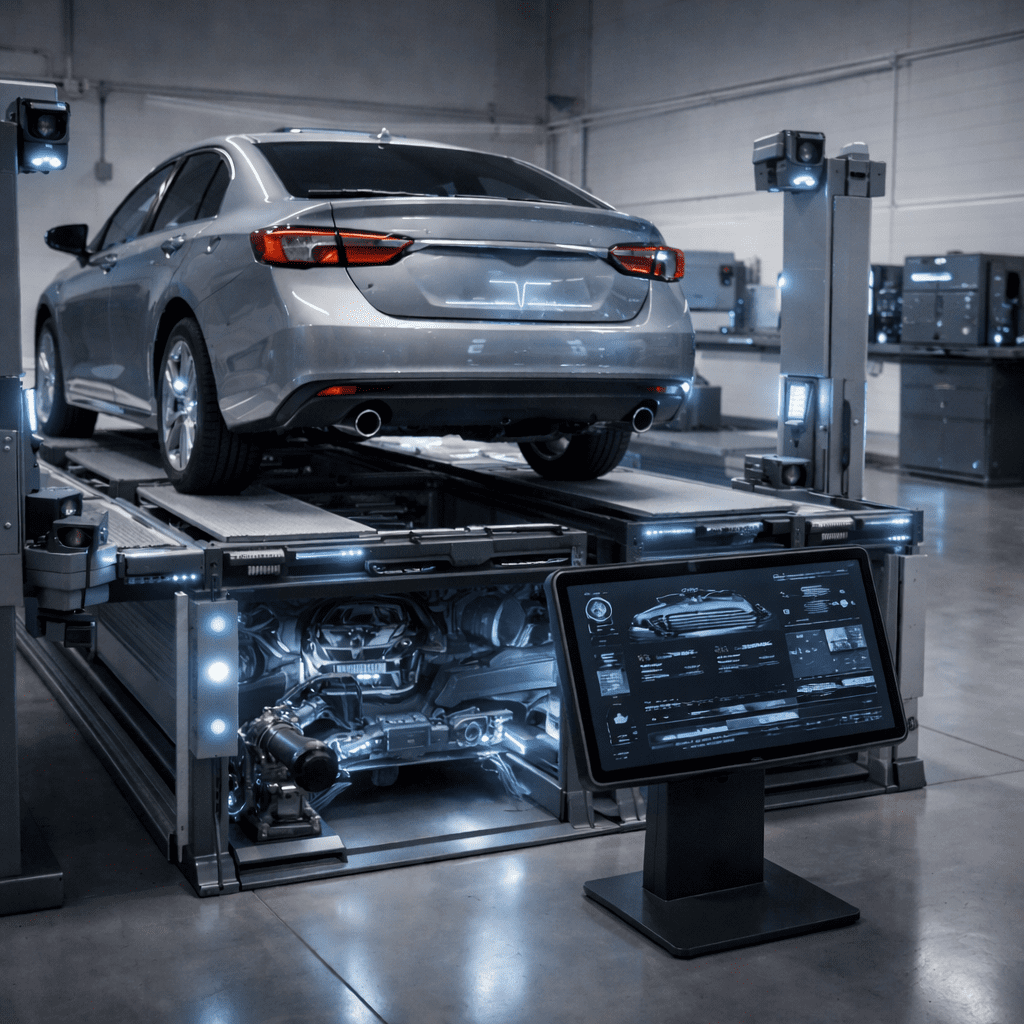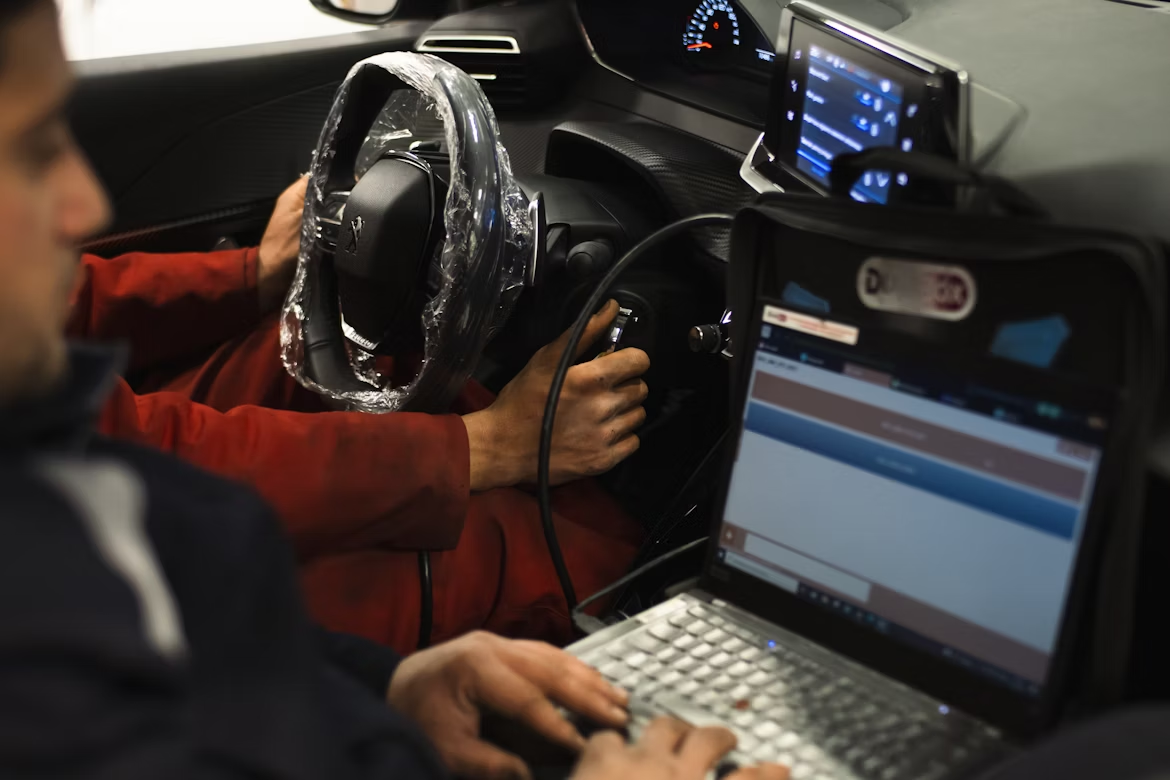Passing a state vehicle inspection is something every driver wants to do the first time. Yet many still find themselves caught off guard by minor issues that could have been fixed with a little preparation. A reliable Philadelphia, PA auto services team can make the process simple by ensuring your vehicle meets all safety and emissions standards before inspection day. With the right care, your car can pass with ease and keep you safely on the road.
At Schafer’s Auto Center, we help drivers take the stress out of inspections by identifying potential trouble spots early. Our technicians perform thorough checks so that everything from brakes to headlights meets required standards. Here are several simple ways to pass your next state vehicle inspection and feel confident about your car’s condition.
Check Your Lights and Signals
One of the most common reasons for inspection failure is malfunctioning lights. Every light on your vehicle, from headlights and brake lights to turn signals and license plate bulbs, must work properly. Even one burnt-out bulb can cause a failure. Before your appointment, turn on every light and ask someone to confirm that each one is visible. If any are dim or flickering, have them replaced right away. A quick check can save you from unnecessary delays.
Keep Your Brakes in Good Condition
Brakes are a major focus during inspections because they are essential for safety. Squealing sounds, longer stopping distances, or vibrations when braking all signal that maintenance may be needed. Brake pads wear down gradually, so it is easy for problems to go unnoticed until they become serious. Regularly scheduling brake inspections allows technicians to replace worn parts before they compromise performance. Ensuring smooth, even braking is a simple but crucial step toward passing your inspection.
Inspect Your Tires and Alignment
Tires often determine whether a vehicle passes or fails. If your tread is worn below 2/32 of an inch, you will need replacements before you can pass. Uneven wear patterns might also indicate alignment or suspension issues that affect steering and safety. To prepare, check tread depth with a simple penny test. If you can see the top of Lincoln’s head, the tread is too low. Also, make sure your tires are inflated properly, as under or over inflation can lead to poor handling and reduced control during testing.
Address Warning Lights Early
A glowing check engine light is one of the fastest ways to fail an inspection. It can be triggered by anything from a loose gas cap to an emissions problem. Modern vehicles rely on onboard diagnostic systems that store fault codes. A quick scan at a repair shop will reveal what caused the light to appear. Taking care of the issue before inspection prevents automatic failure and often avoids more costly repairs later. Keeping your dashboard clear of warnings is an easy way to ensure a smooth test result.
Ensure Clear Visibility
Visibility plays a major role in inspection standards. Cracked windshields, broken wipers, or cloudy headlights can all cause issues. Even small cracks in the glass can grow and obstruct your view, especially in bright sunlight or bad weather. Replace damaged wiper blades and clean your windshield regularly to maintain full visibility. Inspect your defrosters as well to make sure they work correctly in all weather conditions. A clear line of sight is essential for both safety and compliance.
Maintain Proper Emissions and Fluids
Many inspections include emissions testing to ensure your vehicle runs cleanly. If your car has not been serviced recently, dirty air filters, old spark plugs, or worn sensors can lead to failed results. Keeping up with regular oil changes and fluid top offs supports better combustion and lower emissions. Fresh fluids also help systems like cooling and braking perform optimally. Before your appointment, check for leaks under the vehicle, as even small drips could raise concerns during inspection.
Test Suspension and Steering
Suspension and steering components affect how your car handles, especially at higher speeds. Worn shocks, struts, or joints may cause excessive bouncing or noise. If your steering feels loose or unresponsive, it is worth having it checked before inspection. A quick evaluation can reveal whether parts need tightening or replacement. Proper suspension ensures smooth handling and keeps your vehicle stable during safety checks.
Preparing for a state inspection does not have to be stressful. With routine maintenance, good communication, and professional guidance, you can pass confidently and keep your vehicle performing at its best. At Schafer’s Auto Center, we believe inspections are more than a requirement; they are an opportunity to protect your investment and ensure safety for everyone on the road. For reliable support from a Philadelphia, PA auto services team that makes preparation simple and efficient, schedule maintenance or repairs now and drive with confidence knowing your vehicle is ready for inspection.



